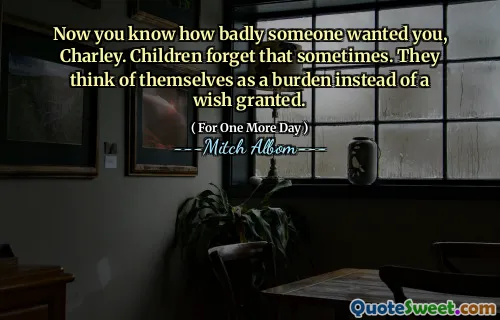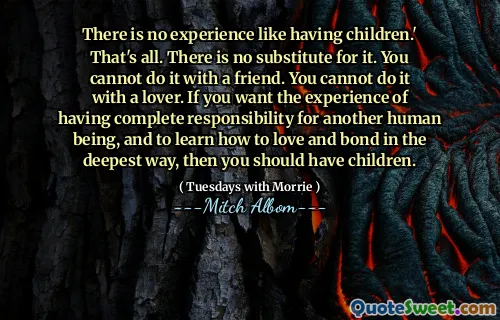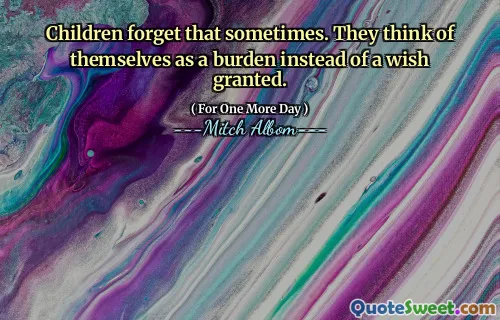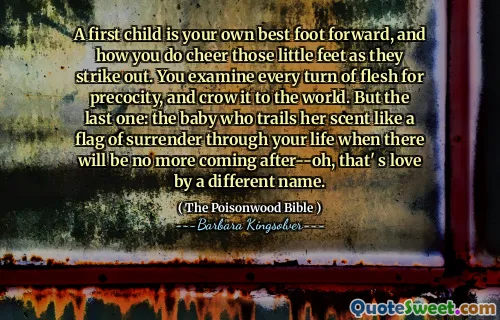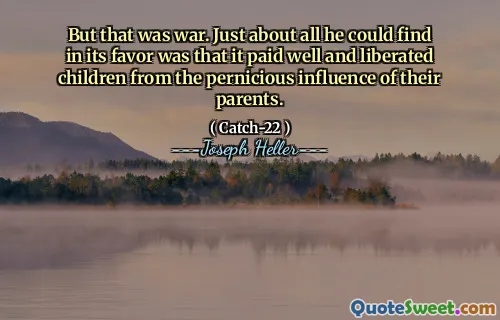
All laughter is subversive, even the laughter of children.
Laughter, often perceived as purely joyful and innocent, is in fact a powerful act of rebellion and resistance. When we laugh, we challenge norms, question authority, and express dissent, sometimes without even realizing it. This perspective particularly applies to the laughter of children. Children laugh openly, often without censorship or societal constraints, which can serve as a silent critique of the adult world and its complexities. Their laughter can unmask pretenses, highlight the absurdities of societal expectations, and foster a sense of liberation from social protocols.
Understanding laughter as subversive encourages us to see humor not just as entertainment but as an act of defiance against conformism. It can undermine authority when it questions or ridicules those in power, creating a momentary space where the status quo is disrupted. Children’s laughter, in its genuine and uninhibited form, embodies this spirit of rebellion by not conforming to the subdued, often reserved way adults are expected to behave.
Moreover, laughter can act as a bonding force, fostering community and shared understanding, especially in settings of oppression or adversity. When people laugh in the face of difficulties, it becomes a form of resistance—an assertion of resilience and hope. Harold Pinter once said, “Laughter is my revolution,” which aligns with this view of humor as a transformative act.
In a broader sense, recognizing laughter's subversiveness prompts us to value authentic expression and consider the ways humor can be used to challenge oppressive structures subtly and effectively. It is a reminder that even in moments of levity, there is potential for change and questioning, making laughter a subtle yet potent form of activism and liberation.






